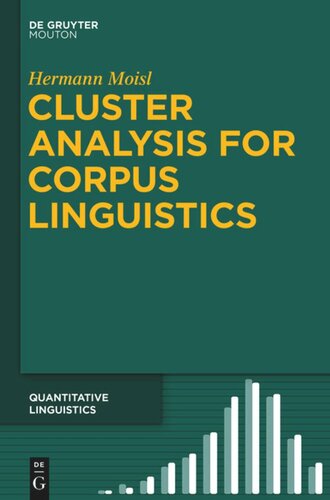

Most ebook files are in PDF format, so you can easily read them using various software such as Foxit Reader or directly on the Google Chrome browser.
Some ebook files are released by publishers in other formats such as .awz, .mobi, .epub, .fb2, etc. You may need to install specific software to read these formats on mobile/PC, such as Calibre.
Please read the tutorial at this link: https://ebookbell.com/faq
We offer FREE conversion to the popular formats you request; however, this may take some time. Therefore, right after payment, please email us, and we will try to provide the service as quickly as possible.
For some exceptional file formats or broken links (if any), please refrain from opening any disputes. Instead, email us first, and we will try to assist within a maximum of 6 hours.
EbookBell Team

5.0
30 reviewsThe standard scientific methodology in linguistics is empirical testing of falsifiable hypotheses. As such the process of hypothesis generation is central, and involves formulation of a research question about a domain of interest and statement of a hypothesis relative to it. In corpus linguistics the domain is text, and generation involves abstraction of data from text, data analysis, and formulation of a hypothesis based on inference from the results. Traditionally this process has been paper-based, but the advent of electronic text has increasingly rendered it obsolete both because the size of digital corpora is now at or beyond the limit of what can efficiently be used in the traditional way, and because the complexity of data abstracted from them can be impenetrable to understanding. Linguists are increasingly turning to mathematical and statistical computational methods for help, and cluster analysis is such a method. It is used across the sciences for hypothesis generation by identification of structure in data which are too large or complex, or both, to be interpretable by direct inspection. This book aims to show how cluster analysis can be used for hypothesis generation in corpus linguistics, thereby contributing to a quantitative empirical methodology for the discipline.